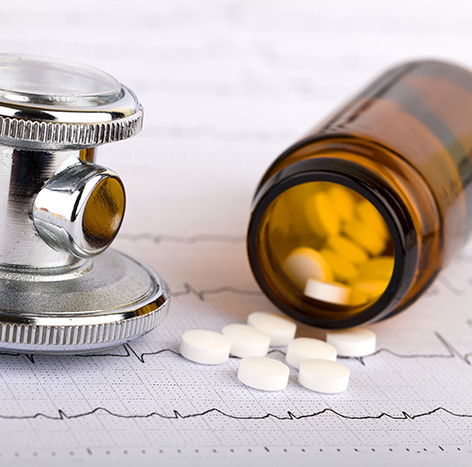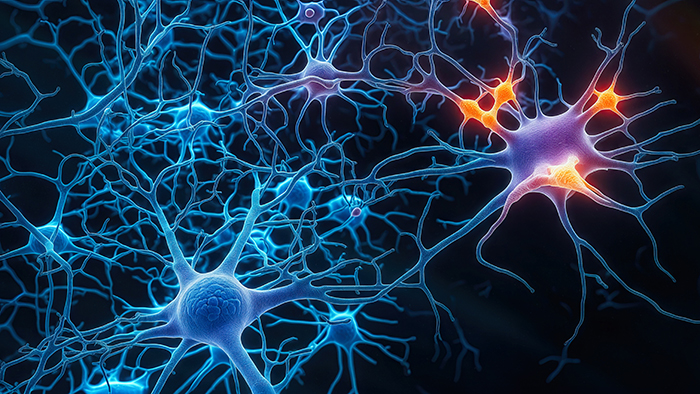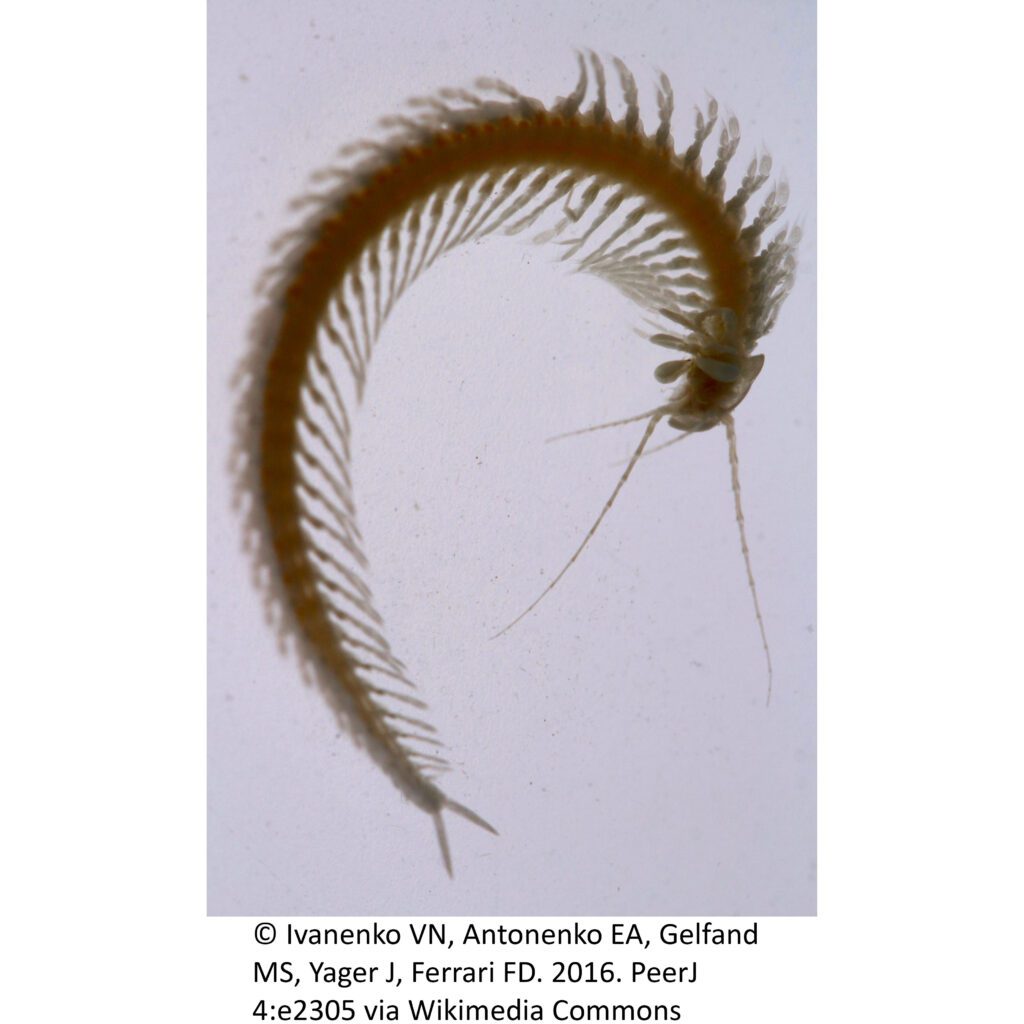Features

Deep Brain Stimulation: treatment for the future?
Zoe Gude, graduate from King’s College London and Dr Antonio Valentin, Reader in Epilepsy and Clinical Neurophysiology, talk about Deep Brain Stimulation and its potential…
The latest epilepsy news

New film highlights climate change impact on brain health
Kami Kountcheva | Researchers and medics produce new film calling for urgent action on climate change, which they say is putting our brain health at…
The latest epilepsy news

New test could speed up brain tumour diagnosis and treatment
Kami Kountcheva | University of Nottingham researchers develop new test that can diagnose brain tumours in two hours.
Epilepsy research

ChatGPT can support epilepsy specialists locating seizures origin
Kami Kountcheva | International group of scientists find that ChatGPT can help specialists identify where seizures are starting from.
Epilepsy research

Electronic health records track fall in sodium valproate use – study
Kami Kountcheva | A new study has used national level electronic health records to track use of sodium valproate in men and women across England…
Epilepsy research

Blood pressure medication could reduce risk of epilepsy after stroke
Kami Kountcheva | A blood pressure medication could help prevent post-stroke epilepsy (PSE), according to new research.
Epilepsy research

Treating seizures with pulses of light using optogenetics – study
Kami Kountcheva | Researchers from the University of California in the US have used a method called optogenetics to find a new possible treatment for…
The latest epilepsy news

Cannabis medicine trials for refractory epilepsy to start in 2025
Kami Kountcheva | Two national NHS epilepsy clinical trials will investigate the safety and effectiveness of cannabidiol (CBD) and tetrahydrocannabinol (THC) in adults and children…
The latest epilepsy news

Marine animal venom holds potential for epilepsy treatment
Kami Kountcheva | Venom from a Mexican marine animal could hold potential for new epilepsy treatments, according to scientists from Goethe University Frankfurt.
Page 1 of 7

